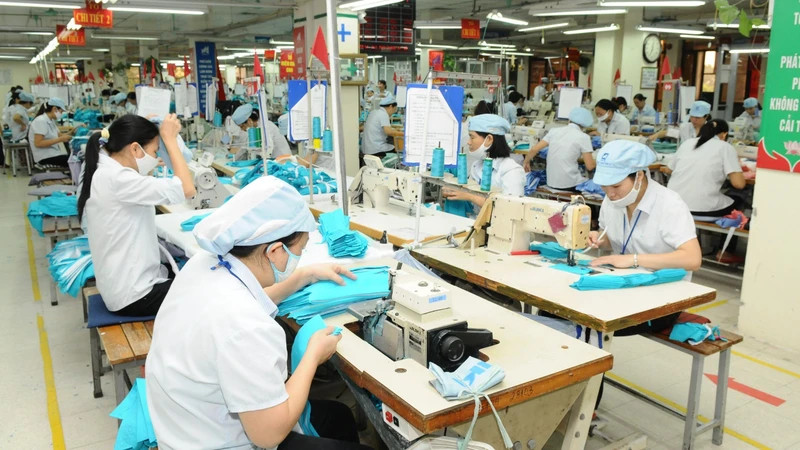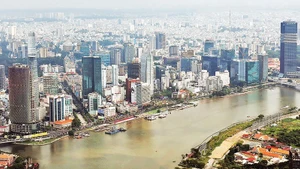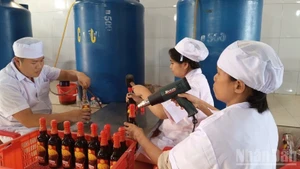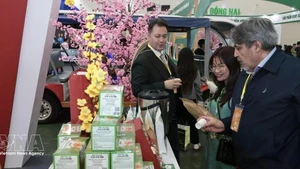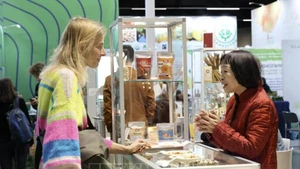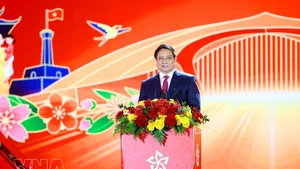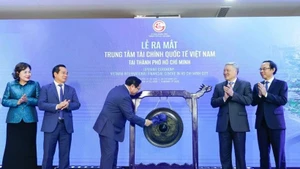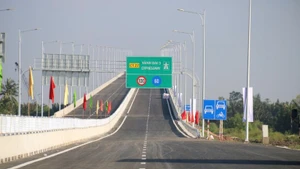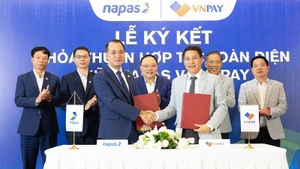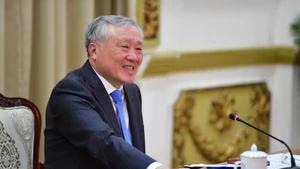Two-way trade increases thanks to EVFTA
After four years of implementing the EVFTA (August 2020 - August 2024), rice is one of the products that is assessed to have effectively taken advantage of the agreement for export.
Accordingly, in the first quarter of 2024, Vietnam exported nearly 46,000 tonnes of rice to the EU market, with a turnover of 41.4 million USD, an increase of nearly 118% over the same period last year. Notably, the French market increased dramatically with 18,200 tonnes, equivalent to 19.1 million USD, an increase of nearly 180 times over the same period last year.
The Ministry of Industry and Trade assessed that in recent times, many businesses have had good revenue thanks to the development of rice exports to the EU. Compared to other rice exporting countries such as India and Thailand, Vietnam is the country with the greatest competitiveness in EU markets, thanks to the signing of the EVFTA.
According to the commitment from EVFTA, the EU gives Vietnam a quota of 80,000 tonnes of rice per year. In particular, the EU will completely liberalise broken rice, this commitment helps Vietnam to export an estimated 100,000 tonnes of rice to the EU annually. For rice products, the EU will bring the tax rate to 0% after 3-5 years.
This has opened opportunities for Vietnamese rice to compete with other countries when exporting to the EU. Currently, Vietnam has risen to 8th place among the non-bloc markets supplying rice to the EU.
Along with rice, many other products, such as textiles, footwear, and seafood, are also assessed to have effectively taken advantage of the EVFTA for export.
Luong Hoang Thai, Director of the Multilateral Trade Policy Department at the Ministry of Industry and Trade, said that among the new generation free trade agreements that Vietnam has participated in, it can be said that the EVFTA is the agreement that has brought the most positive results.
According to the Ministry of Industry and Trade, after four years of implementation, Vietnam's import and export turnover to the EU has increased by nearly 50%. In the opposite direction, goods exported from the EU to Vietnam have increased by more than 40%.
Currently, exports to the EU always account for about 12-15% of Vietnam's total exports. More importantly, this is a market with a very large capacity, with potential in science, technology and management, so that if businesses are able to succeed in this market, they will also be able to enter other demanding markets.
In addition to import and export activities, one of the highly appreciated bright spots from the EVFTA is that Vietnam has proactively reformed its institutions to create a more transparent and favourable business environment, thereby increasing the attraction of foreign investment capital, including investment capital from EU countries.
To date, the EU has invested 28 billion euro in Vietnam, ranking 6th among investors.
“Along with the EVFTA, we have also signed the EU - Vietnam Investment Protection Agreement (EVIPA). This agreement is waiting for ratification by a number of EU member countries to be put into effect. It is expected that after ratification by EU countries, this agreement will create momentum and bring even greater benefits in terms of investment,” said Le Hoang Thai.
“Green standards” — Challenges and opportunities
After the first four years of being assessed as successful, entering the 5th year of implementation, along with increasingly strict commitments, many other laws related to green standards have been issued by the EU for each type of product and industry. They will be applied in the near future.
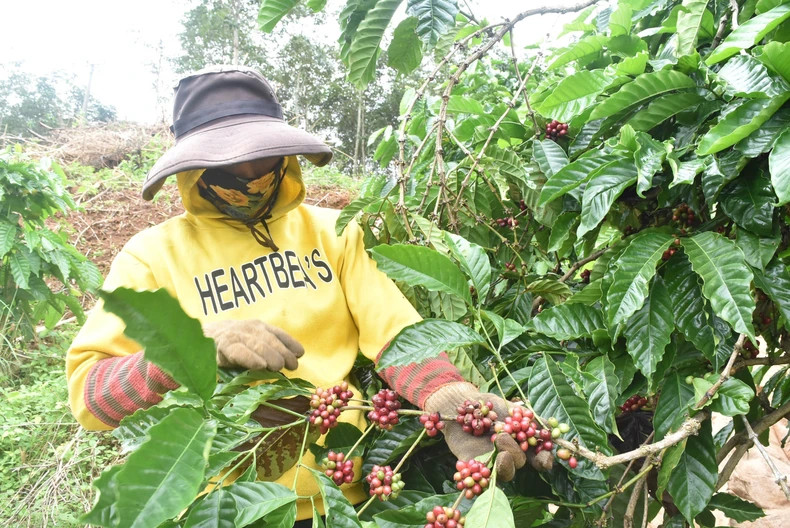 |
| Green standards are both a challenge and an opportunity for businesses. |
Luong Hoang Thai shared that the EU, as well as some developed countries in general, currently have increasingly-strict regulations related to climate change prevention, green transition, anti-deforestation, and similar regulations.
However, these regulations are considered to bring both challenges and opportunities.
That is why the Government has also had a very detailed action plan to assign tasks to relevant ministries and branches.
Because this is a global trend, businesses are forced to change and innovate to create new products that are safer for the environment and save more raw materials. At the same time, it also provides a driving force for businesses to create new products to meet market demands.
After all, the EU is one of the most demanding market areas in the world. Therefore, successfully exporting to the EU market will help products have the opportunity to be exported to many other markets in the world.
